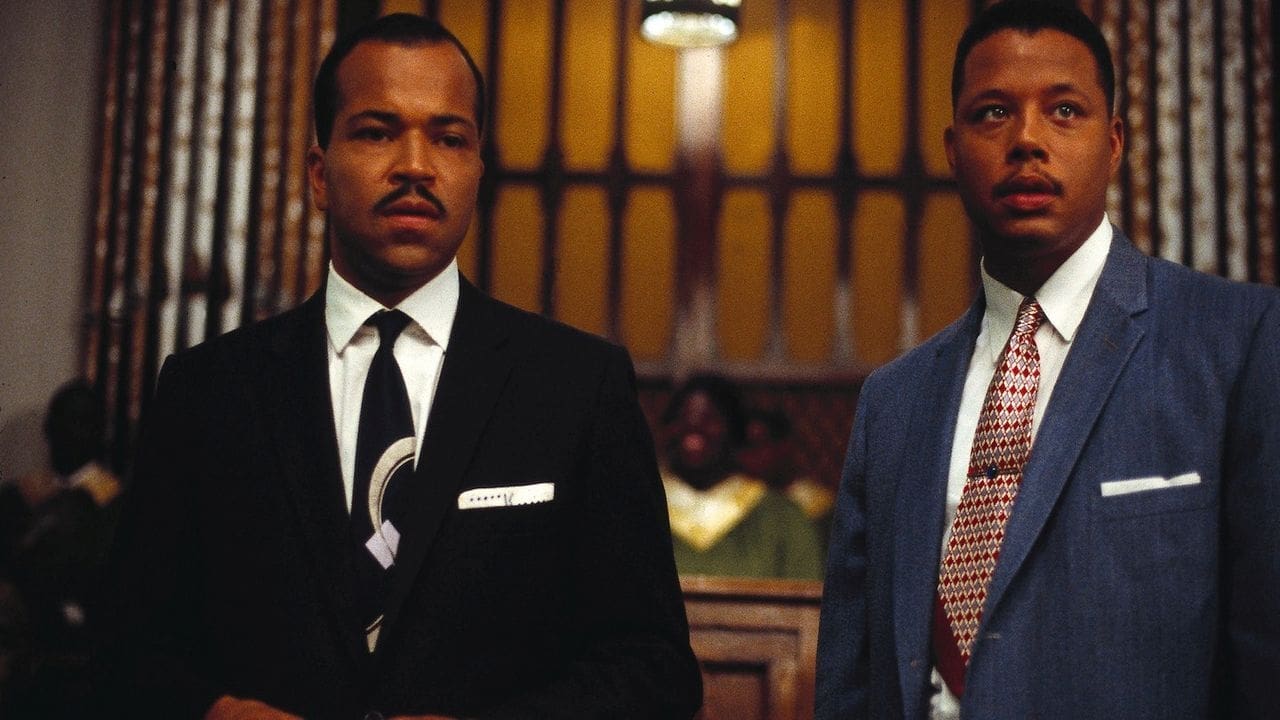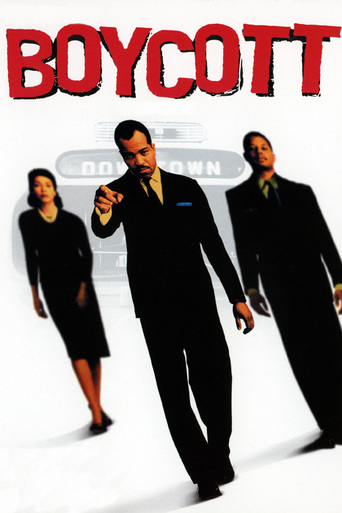

Jeffrey Wright lacked the emotional charge needed to portray Dr. Martin Luther King.You would think that the writers would have given the part of Rosa Parks much more of a build up. Other than the first scene, when she refuses to yield her seat to a white person, the role of Ms. Parks is virtually non-existent.The movie is a definite decisive portrayal of the Montgomery Bus boycott and its rise of Martin Luther King to a leadership position in the movement.Some good acting is done by CCH Pounder as Ms. Robinson, a member of the committee.Sad to see that others would use Baynard Rustin's previous membership in the Communist Party to discredit the boycott. The movie shows what the white power structure in Alabama did in an attempt to end the refusal by blacks to use the public transportation system.
... View MoreThis movie was great because it gave you a different perspective on the Montgomery Bus Boycott. I thought the camera work was excellent. It goes between being a staged documentary to a film. It shows the major players of this movement as humans that have real feelings. I like this a lot because we tend to think of Rosa Parks, Martin Luther King, Jr., and Ralph Abernathy as icons. They are/were people just like me and you. Jeffrey Wright is excellent in this film as MLK. He is a wonderfully, talented actor. Terrence Howard was good and I am glad to see him in a respectable role, finally. The cast was overall well put together. New found respect for the director, Clark Johnson.
... View More"Boycott" tells the story of a pivotal time in the history of a young republic still bleeding from civil war. The famous mid-50's bus boycott of Montgomery which launched the modern American civil rights movement is presented with restraint and an obvious commitment to truth over drama. The film is a well crafted integration of story, real and fabricated file footage, quick vignettes of blacks and whites expressing sentiments of the time, and an interesting wandering between color and black and white all serving to keep the sense of history alive and to prevent the viewer from becoming inured to the magnitude of the issues being presented. Kudos to Wright for an excellent portrayal of a great American leader. A good, entertaining history lesson for all.
... View MoreThis film, following other classics of histo-drama such as Malcolm X or Cry Freedom, is not a biography of Martin Luther King. Instead, it shows in detail the Montgomery Bus Boycott, and the beginnings of Dr. King's philosophy and motivation.It is somewhat dis-orienting at first, as it is shot both in a documentary style, with references to the camera and a raw, un-cut feel, and in a more traditional style. However, as the movie progresses, you find both styles equally powerful in their methods.'I found this film particularly moving because I was not alive during the events depicted, and the personification or the real-ization of the characters, people I grew up near worshiping, brought home just how different today's world is from 1950's Alabama.
... View More